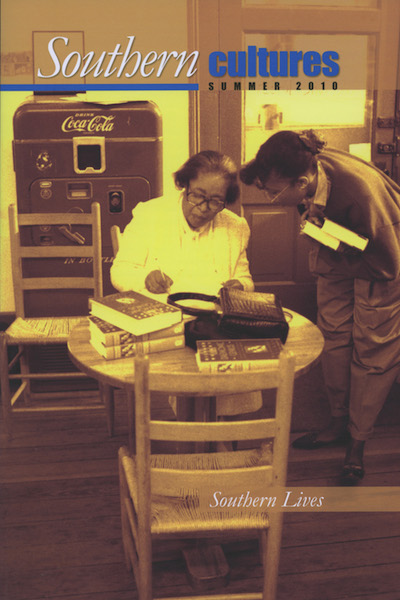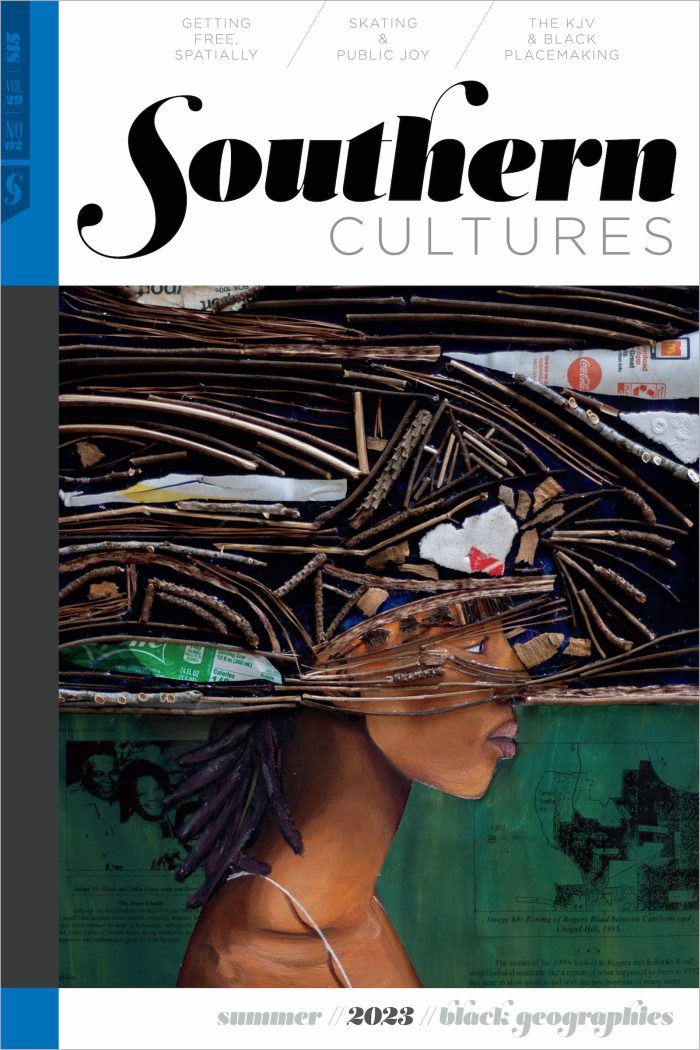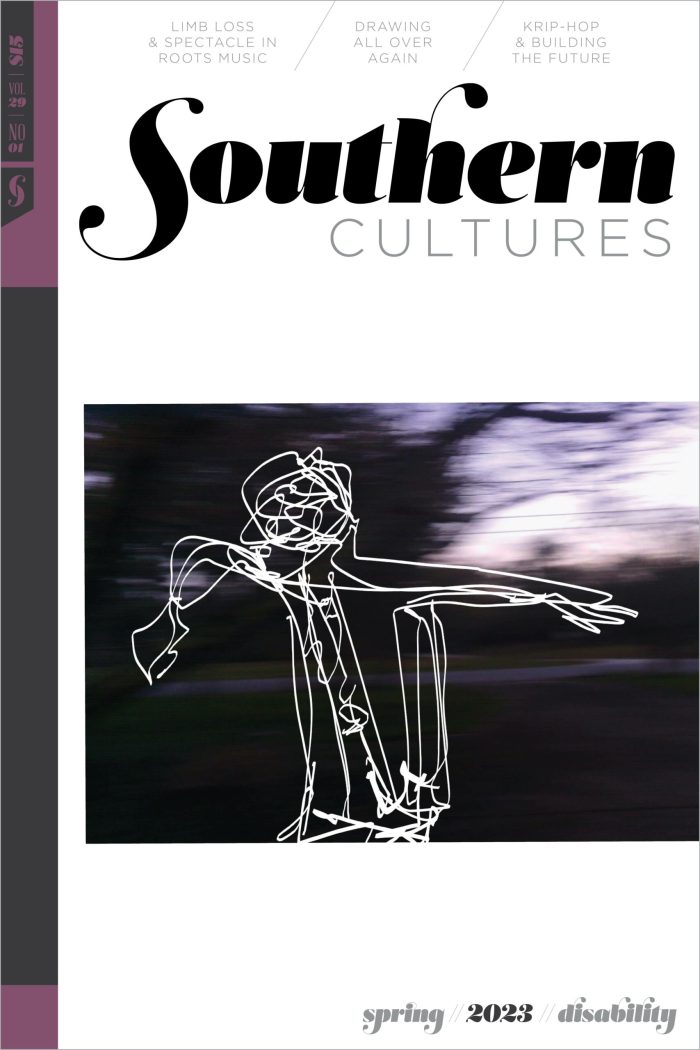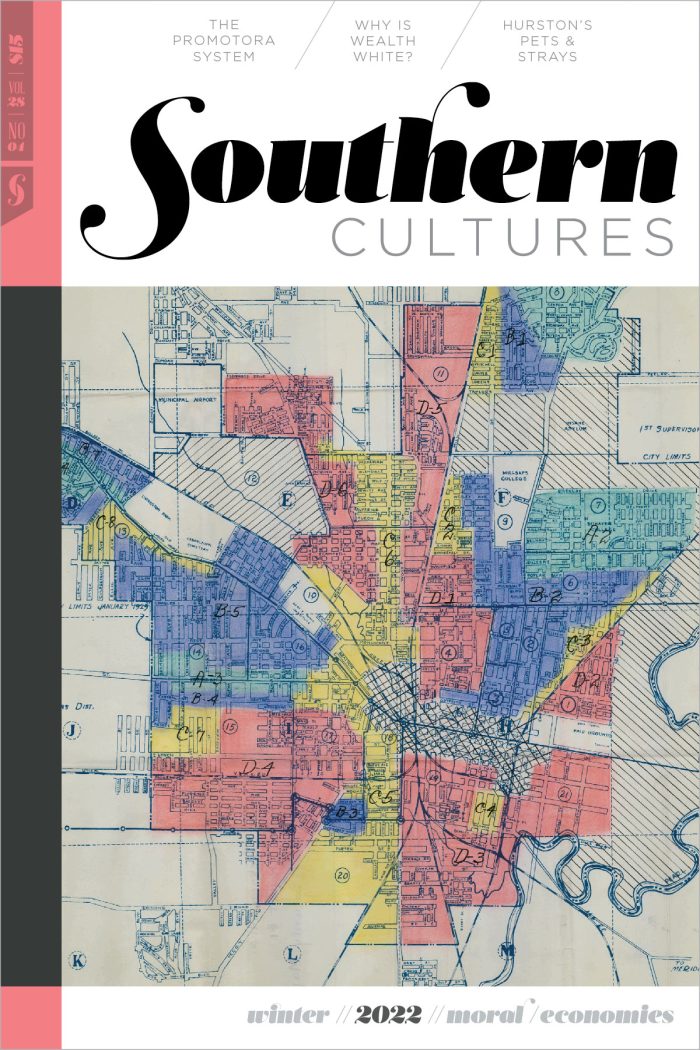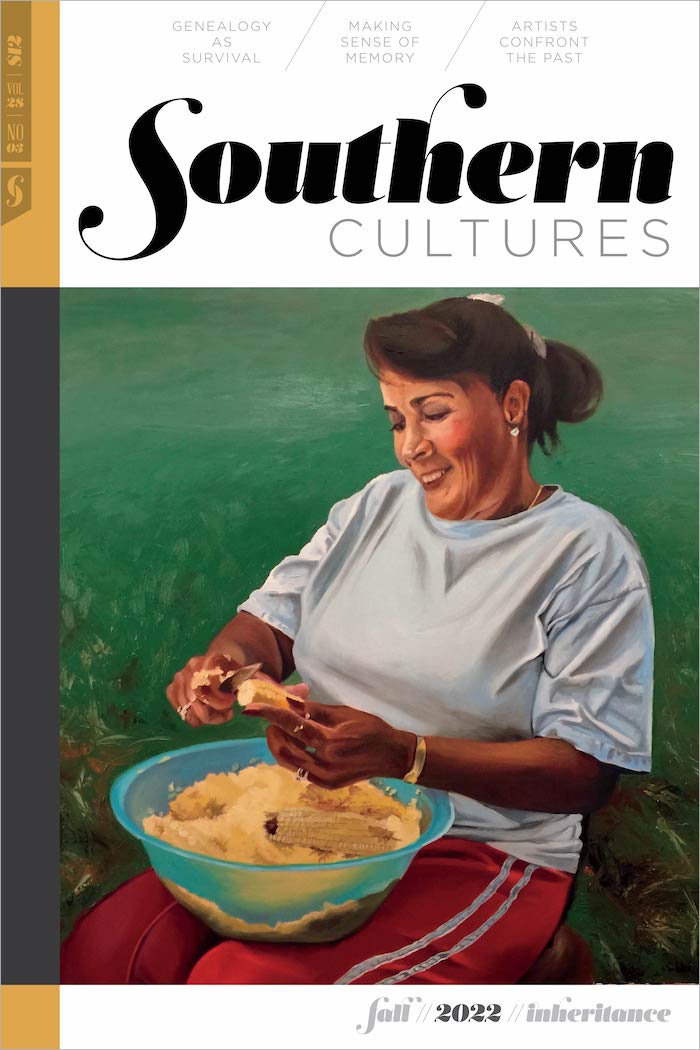BUY ACCESS
by Harry L. Watson
“Stereotypes from Dixie crowd American fiction, film, music, and consciousness, and we all know people who seem to fit one of the molds.” If there are truly many Souths, there must be many kinds of southerners. To be various they must be individuals, but as recognizable southerners, they must also fit some generalizations. Stereotypes from »
BUY ACCESS
by José Blanco F.
“The regulars at the station had great fun with the press. The station was home to some of the greatest liars and bullshit artists in the history of the world, and tabloid reporters were nothing more than a light snack before lunch for them.” The building standing at 105 E. Church Street in Plains, Georgia, »
Interview
Septima Clark and Women in the Civil Rights Movement
by David P. Cline,
Katherine Mellen Charron,
Jacquelyn Dowd Hall,
Eugene P. Walker
This article first appeared in vol. 16, no. 2 (Summer 2010) and is excerpted here. To access the full article, visit Project MUSE. Septima Poinsette Clark is a name that should be as familiar to us as Rosa Parks. Both women contributed significantly to the African American freedom struggle, and striking similarities exist in their »
Interview
by William R. Ferris,
Margaret Alexander Walker
“As a small child in the 1920s, I was very much affected by the Harlem Renaissance. As early as age eleven, I had read poetry by Langston Hughes.” I met Margaret Walker Alexander in the fall of 1970 when I taught my first class at Jackson State University. She and I both taught in the »
BUY ACCESS
by Sarah Thuesen,
Bob Hall,
Jacquelyn Dowd Hall,
M. Sue Thrasher
“So I took each in turn, and they told me why they hated white folks. This took quite a while, because they were extremely articulate about why they hated white folks.” “You think you are the first generation who’s ever done this; you ought to go out and learn some things.” Louisville activist Anne Braden, »
BUY ACCESS
by Michael McFee
“Do they keep an eye out for the possible wayward soul (like, say, a middle-aged guy with scraggly graying hair who stays at the margins of the group and keeps scribbling in a little black book) and hope—no, pray—that the cheerful performance of their duties and the powerful unfolding of Billy Graham’s life and message »
BUY ACCESS
by Murray B. Shugars
“So, you get up and pilfer a cigarette from your lover’s pack, smoke it in blue moonlight pushing through the bare kitchen window. Someone is listening.” So, you lie awake beside a lover of many years,and the tabby cat kneads the blanket.You have only three days’ leave.
BUY ACCESS
by David A. Taylor
“‘In America they get away from race by saying ‘minority.’ But who the hell’s the best minority in the world? The hero! You know what I’m saying? That’s always a minority.'” It’s a short walk from the 125th Street subway station to the Harlem home of Albert Murray, Stanley Crouch’s literary father and the man »
